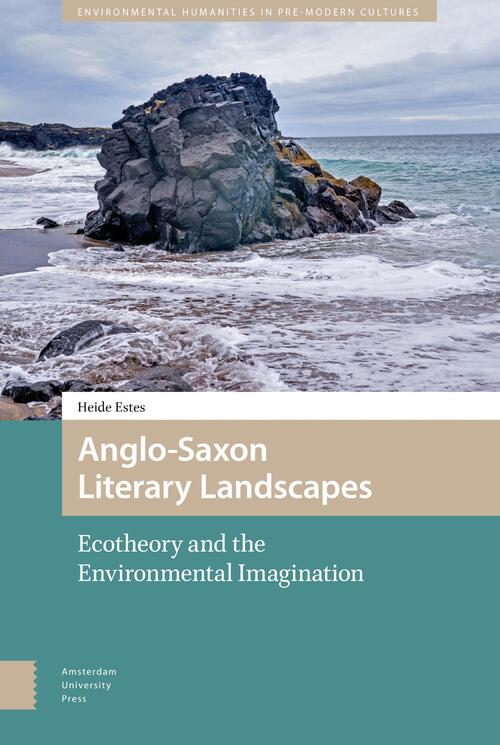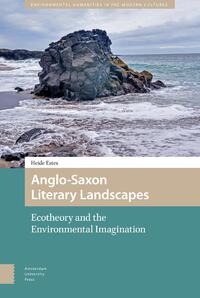Landscapes, whether wild regions, seascapes, or urban areas, have typically been taken for granted by scholars as 'setting' for human actions, though perhaps functioning in metaphorical terms to echo human emotions or other themes. This study takes the natural world on its own terms, investigating how Anglo-Saxons interacted with their lived environments and how they imagined their relationships to it, as depicted in poems such as Beowulf, Judith, and the Exeter Book Riddles, in the context of more prosaic descriptions of natural events found in the Anglo-Saxon Chronicle and other documentary texts. While landscapes were assumed to be available for human use, they were not necessarily taken for granted. Anglo-Saxon ideologies taking nature as diametrically opposed to humans, and the natural world designed for human use, are deeply embedded in our cultural heritage and even in our language and affect technological developments that threaten our planet today.

